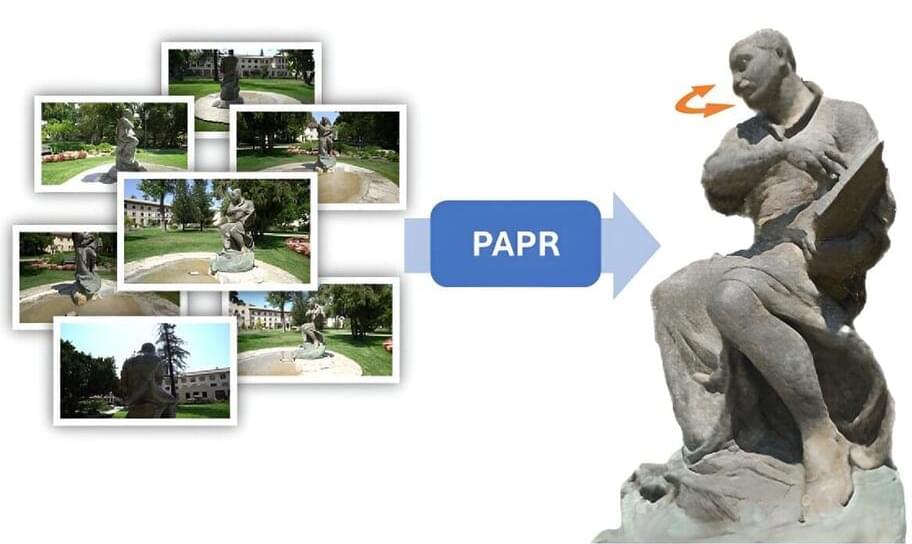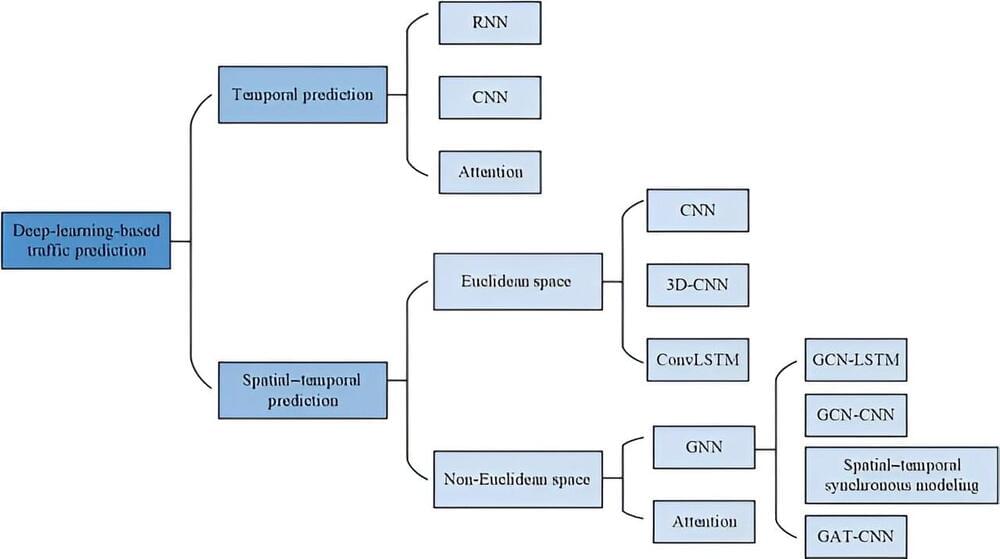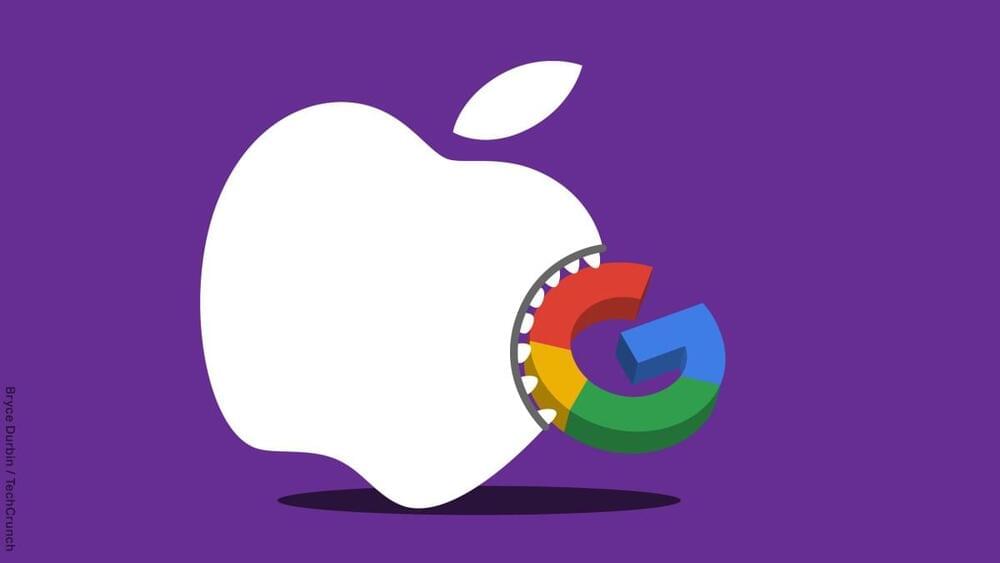Without understanding how gravity affects time, the GPS location in your phone would get progressively less accurate until you end up in the wrong location.
The demonstration at 22 Bishopsgate was part of the Lord Mayor of London Alderman Professor Michael Mainelli’s mayoral theme, ‘Connect to Prosper’
The demonstration was the first in a series of showpiece exercises, which will run for the duration of the Lord Mayor’s tenure. The Experiment Series seeks to showcase innovation and invention in the City of London and promote and celebrate the many ‘knowledge miles’ within the Square Mile.









